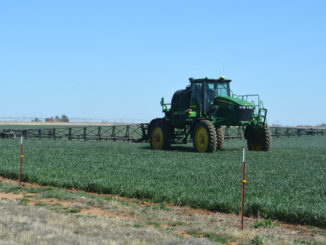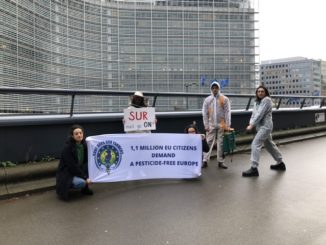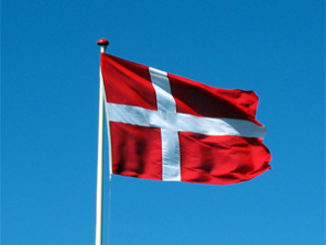Danish Environmental Minister, Ida Auken, has proposed a ban on pesticides that are suspected to cause damage to the environment. She also wishes to impose harder measures against farmers using these pesticides. Not only will farmers will be heavily fined, they will also risk losing their right to use pesticides.

Reversing the burden of evidence
The background behind this suggestion is the recent disclosure of a large scale pesticide smuggling affair, involving 44 large farmers and gardeners nationwide. “A group of farmers have shown a disrespect for the environment”, says Ida Auken. “They have no respect for society – and hard measures must be taken”.
The new suggestion will reverse the burden of evidence. Previously, it was the responsibility of the Environmental Protection Agency to prove that a pesticide was harmful – but according to the proposal, pesticide producers will have to prove their pesticides harmless. According to the minister, farmers will have no problems finding alternatives to pesticides that will be deemed unsafe.
Poul Henning Pedersen, national farming consultant at the Danish Agricultural Advisory Service does not agree: “There are some crops for which alternatives do not exist”, he says. “That may mean that farmers will have to change crops”, he warns, pointing to Bentazon, which is currently the only pesticide used in growing clover and grass for cattle feed.
Pesticide residues in drinking water
The smuggling affair is not the only reason for the proposed ban. The minister also finds it unacceptable that approximately 100 Danish drinking water drillings are shut down each year because of a high content of pesticide residues. The chairman of the trade organisation Danish Water and Wastewater Association is pleased about the minister’s suggestion. “It is important to use a cautionary principle instead of just listening to the pesticide manufacturers”, he says.
National strategy to reduce pesticide use
The proposed ban on pesticides is part of a new pesticide strategy, which was suggested by the ministry of the environment in August. The strategy aims to reduce the use of potentially harmful pesticides in gardens, as well as in farming.
The Danish use of pesticides is mapped in the so-called pesticide indicator, which measures the impact of pesticide use on health and environment as a result of pesticide use. Figures from the indicator show that the most harmful pesticides are being replaced by lesser harmful pesticides in private gardens. In farming, however, the frequency of pesticide use has risen by 11 %, while the impact on health and environment has risen by 30 % during the same period of time.




